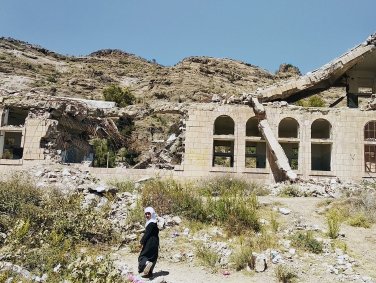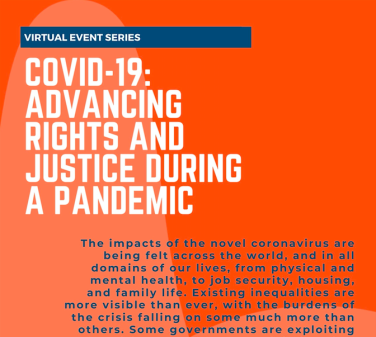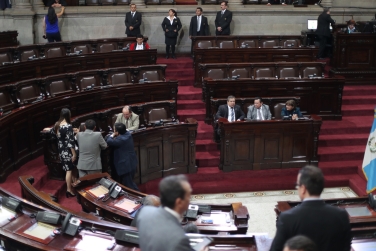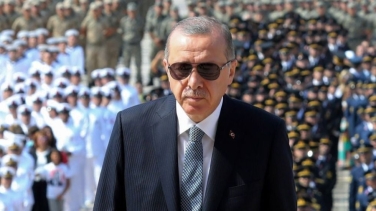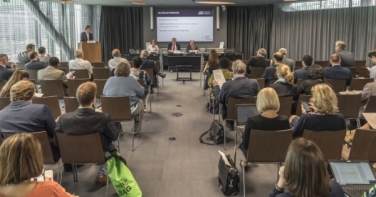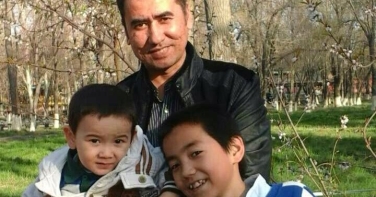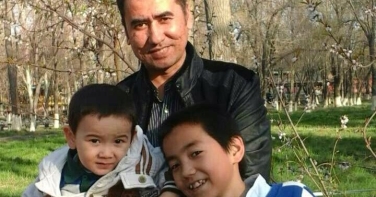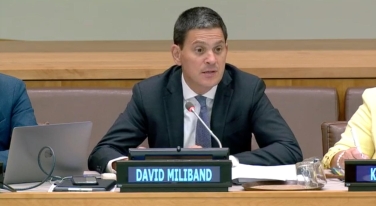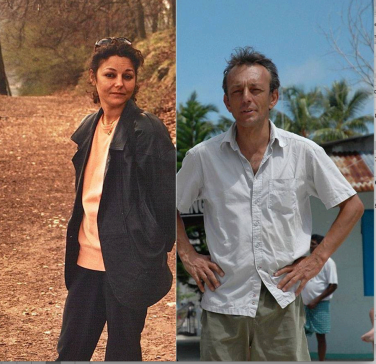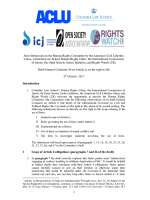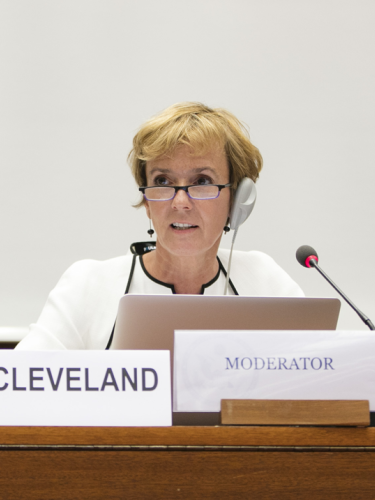
The Human Rights Institute (HRI) seeks to enhance human rights compliance by strengthening global norms and building the capacity of judges, the United Nations, and regional bodies to develop and amplify effective strategies for accountability.
The UN and Inter-American Commission
Regional and international human rights institutions are key human rights watchdogs. At the same time, they face consistent barriers to effectiveness because they are consistently underresourced and governments actively seek to limit their autonomy. To strengthen the visibility and impact of human rights mechanisms, this project provides advocates and experts with technical assistance to convene stakeholders around thematic issues. We also develop trainings and scholarship to increase the awareness and impact of significant global and regional legal developments.
We have advanced civil and political rights as independent experts on the UN Human Rights Committee, which monitors government compliance with the International Covenant on Civil and Political Rights. We examined the human rights records of countries around the world, advancing improved fair-trial rights, reproductive justice, access to justice, and racial justice. We also contributed extensive advocacy and research, and hosted global dialogues to contribute to recent UN treaty body reforms (Resolution 68/268) with a focus on ensuring treaty body independence and effectiveness.
The Venice Commission
The Venice Commission is an international advisory body for legal and constitutional matters in Europe. Sarah Cleveland of HRI was a member of the Commission from 2010 to 2018, where she contributed to improving democratic institutions and fundamental rights, authored legal opinions and democracy and rule of law, and met with governments and civil society to foster greater implementation of human rights norms. The Venice Commission evaluated the compatibility of national laws and constitutional reforms in Europe, North Africa, and Latin America. It also critiqued and proposed changes to Turkey’s constitution that would expand presidential powers and compromise the judiciary.
U.S. Courts
U.S. judges rarely receive formal human rights training. To fill that gap, HRI organizes and hosts multi-day judicial seminars that bring together judges, experts, and academics. More than 300 federal and state judges, including five members of the Supreme Court, have been trained since the program began in 1982 under the auspices of the Aspen Institute.

